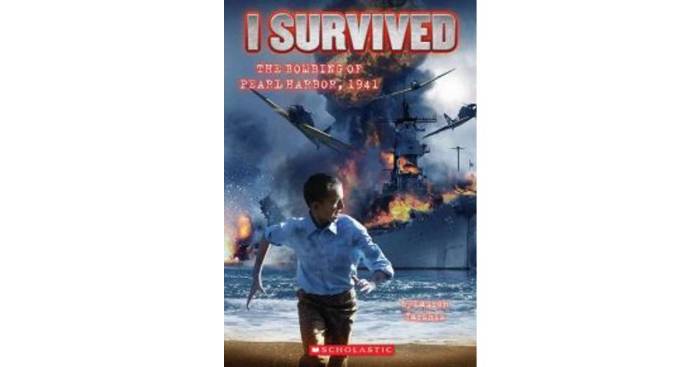Summary of i survived the bombing of pearl harbor – Pearl Harbor: Eyewitness Accounts and Historical Impact provides a captivating overview of the infamous bombing of Pearl Harbor, weaving together firsthand accounts from survivors with an examination of its profound historical significance.
This comprehensive narrative delves into the events leading up to the attack, the harrowing experiences of those who witnessed it firsthand, and the far-reaching consequences that shaped the course of World War II and beyond.
Historical Context
The bombing of Pearl Harbor was a pivotal event in American history and World War II. It marked the official entry of the United States into the war and significantly influenced its course and outcome.
Leading up to the attack, tensions had been escalating between the United States and Japan due to Japan’s aggressive expansionism in the Pacific. Despite diplomatic efforts, negotiations between the two countries had failed to resolve their differences.
International Tensions
- Japan’s invasion of Manchuria in 1931 and subsequent military actions in China
- The U.S. imposition of economic sanctions on Japan
- The signing of the Tripartite Pact between Japan, Germany, and Italy
Eyewitness Accounts: Summary Of I Survived The Bombing Of Pearl Harbor
Survivors of the bombing of Pearl Harbor recounted the horrors they witnessed firsthand.
The attack began at 7:55 AM on December 7, 1941, when Japanese planes launched a surprise attack on the U.S. naval base at Pearl Harbor in Hawaii.
Personal Narratives
- Doris Miller, an African American mess attendant, manned an anti-aircraft gun and shot down several Japanese planes
- Nurse Ann Bernatowicz provided medical aid to the wounded under heavy fire
- Joseph Langdell, a young sailor, witnessed the sinking of the USS Arizona
Impact and Aftermath

The bombing of Pearl Harbor had a devastating impact on the United States.
The attack resulted in the deaths of over 2,400 Americans and the sinking or damage of numerous warships and aircraft.
Immediate Consequences
- The United States declared war on Japan
- The U.S. Navy’s Pacific Fleet was crippled
- Public opinion in the United States shifted overwhelmingly in favor of war
Political and Social Consequences
- The attack led to the establishment of the Manhattan Project and the development of the atomic bomb
- It contributed to the formation of the United Nations
- It had a profound impact on American society and culture
Legacy and Remembrance
The bombing of Pearl Harbor remains a significant event in American history and is commemorated annually.
The attack is remembered as a symbol of sacrifice and resilience.
Commemoration and Memorials
- The USS Arizona Memorial in Pearl Harbor
- The Pearl Harbor National Memorial
- The December 7th National Memorial in Washington, D.C.
Historical Significance, Summary of i survived the bombing of pearl harbor
- It shaped U.S. foreign policy and military strategy
- It contributed to the global war effort against fascism
- It had a lasting impact on international relations
FAQ Section
What was the historical significance of the bombing of Pearl Harbor?
The bombing of Pearl Harbor on December 7, 1941, marked a turning point in World War II, bringing the United States into the conflict and galvanizing the nation against the Axis powers.
What were the immediate consequences of the attack?
The attack resulted in the loss of over 2,400 American lives and the destruction of a significant portion of the U.S. Pacific Fleet, including the battleships USS Arizona and USS Oklahoma.
How did the bombing of Pearl Harbor influence the course of World War II?
The attack on Pearl Harbor propelled the United States into a global conflict and led to the eventual defeat of Japan and the Axis powers.